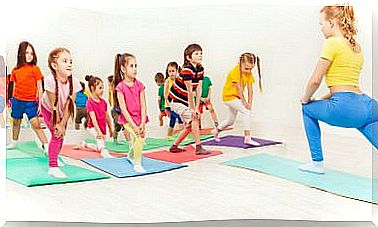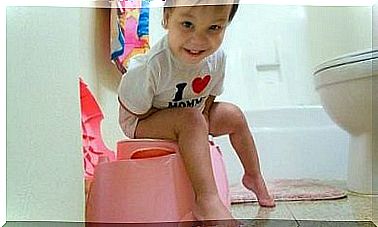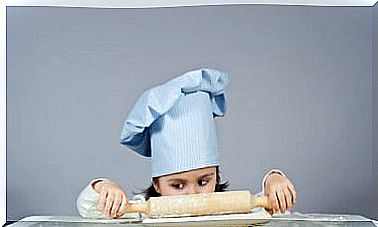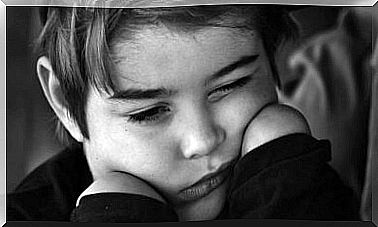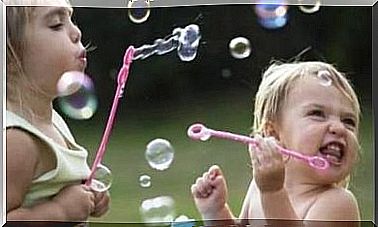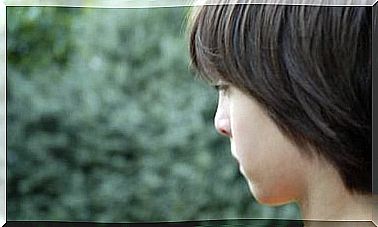Pediatric Psychology: How Can It Help Your Child?
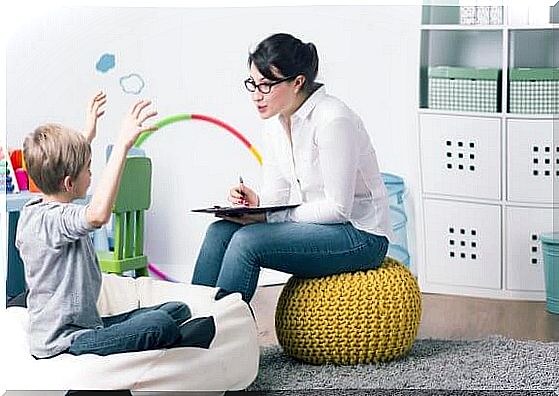
Pediatric psychology specializes in the study of psychological processes in childhood, forming part of child development.
Its origins in the 19th century were more biological. But in the 20th century the field was expanded with theories such as psychoanalysis, cognitive and constructivist psychology. Jean Piaget’s contributions defined the course of pediatric psychology with his “Learning Theory”.
This Swiss psychologist dedicated himself to the investigation of the stages of child development. He offered a description of how children perceive themselves and the world, from birth to adolescence.
How the study of children in pediatric psychology is approached
Conceiving the child in its complexity, this discipline covers the child’s motor, linguistic, emotional, perceptual, physical, cognitive and social characteristics.
Pediatric psychologists may draw from one scientific school or another, making interventions with contributions from each theory.
In this way, pediatric psychology addresses the way each evolutionary stage operates in each child, or vice versa; setting parameters and codes (usually allowing for a wide range of relativity) within the child’s mental health.
Likewise, pediatric psychologists approach each child in their environmental context. Of course, knowing and treating the environment is essential when making a diagnosis and treatment.
Thus, the professional must establish:
- How the variables of the context (family, school) and the characteristics of the biological order (genetic) converge in the child’s behavior.
- How environmental changes affect the child’s mental health.
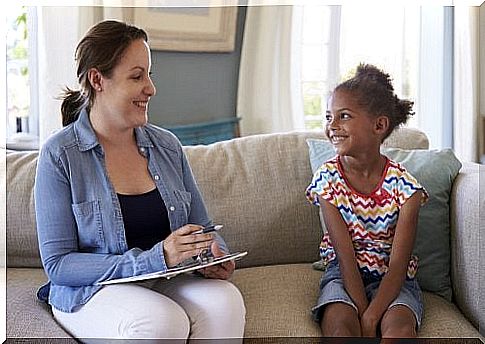
Some topics from Piaget’s cognitive theory
To understand pediatric psychology, it is necessary to have a sense of how it is put by the cognitivist Jean Piaget.
Basically, what this theorist proposes is that at each age the child naturally acquires the ability to solve certain problems : motor, cognitive, emotional.
For Piaget, the evolutionary stages are understood as cognitive structures. These bases are developed over time, always following the same order.
But, in this line of thought it is not about focusing on the age of the subject, but rather on the fact that the evolutionary stages are happening without skipping one or the other. At the same time, each stage must be harmoniously integrated with the next.
The stages of child development proposed by Jean Piaget are:
- Sensory-motor internship (0 to 2 years). The child will know the world and its own abilities through the senses.
- Pre-operational stage (2 to 7 years). The child is able to think symbolically, which allows, among other things, the ability to speak. However, at this stage, thinking remains egocentric; that is, it understands the world from its perspective.
- Internship of specific operations (7 to 12 years). The child is able to apply logical deductions and deductive principles. Comparative operations such as reversibility and seriation are some of the acquisitions of this stage. However, this “school period” still excludes abstractions.
- Formal operations stage (12 years onwards). It is in adolescence and adulthood that the subject acquires the ability to make hypotheses, projections and perform formal operations.
Current Trend in Pediatric Psychology
Currently, cultural changes are vertiginous and children behave very differently from children 100 years ago.
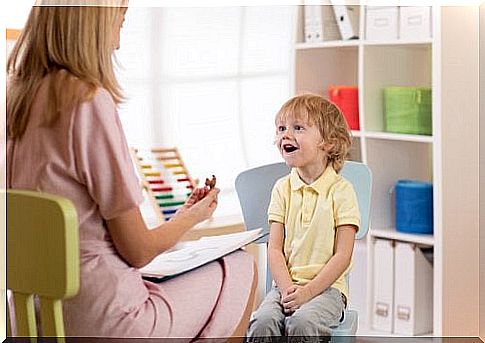
In this way, ready-made phrases like “anxiety disorder” are heard. Other similar ones are: “attention deficit”, “sleep disorder”, depression or, in general, “autistic spectrum disorder”.
These dysfunctions cause children not to respond to certain standard norms. Traditional theories of pediatric psychology must be constantly updated in order to be able to offer attention to the needs of new children.
The omnipresence of technology, the crisis of the heteropatriarchal family and the creation of new forms of family construction need innovative theoretical approaches that come from pediatric psychology.
Thus, it is about different ways of seeing things that can evolve, in turn, towards pedagogy, schools and teaching centers.
In conclusion, an outdated definition of childhood will create an irreducible distance between new and old generations. Therefore, many specialists started to apply scientific parameters to children, from a broader and more contextual approach.


